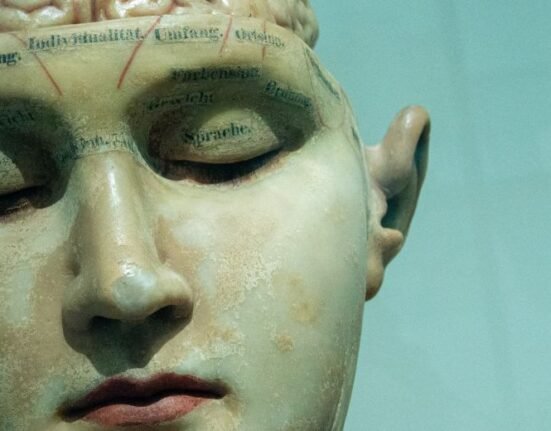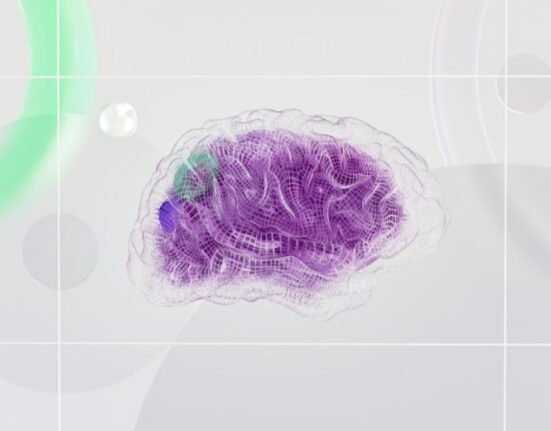HQ Team
February 14, 2023: A magic drug approved for asthma by the US Food and Drugs Administration can restore lost memories and reveal previously hidden knowledge.
This drug, called roflumilast, if proven effective, can offer hope for millions of patients suffering from dementia and Alzheimer’s or help restore memory lost through time.
A team of researchers from the University of Groningen, Netherlands, found a relationship between learning while sleep deprived and the difficulty in recalling the same later.
Sleep deprivation and stimulation of neurons to retrieve memories
“Sleep deprivation undermines memory processes, but every student knows that an answer that eluded them during the exam might pop up hours afterward,” explains University of Groningen neuroscientist Robbert Havekes. “In that case, the information was, in fact, stored in the brain, but just difficult to retrieve.”
Havekes and his associates believed that they could use two different approaches to retrieve a specific learned memory when it doesn’t come back on its own. They experimented with genetically engineered mice to produce a light-sensitive protein (channelrhodopsin) within selected neurons that are activated when the mouse is learning something. The mice recalled a learned task whenever a light was shone onto the selected nerve cells, thereby activating the protein.
“In our sleep deprivation studies, we applied this approach to neurons in the hippocampus, the area in the brain where spatial information and factual knowledge are stored,” said Havekes.
In the second experiment, the mice were supposed to locate a number of specific objects. Spatial learning relies heavily on the hippocampus, so it was the perfect way to test if their technique could restore the memory once it was lost.
Most importantly, half the mice were sleep-deprived. Days later, both groups of mice had to perform the same spatial memory task, with one of the objects moved.
The sleep-deprived mice failed to notice the moved object’s new location, indicating that they had somehow “lost” the memory, whereas the “rested” mice spotted the change, indicating they still retained a memory made days earlier. Later, the researchers reactivated the memory neurons of the sleep-deprived mice with light and came up with a positive result.
“When we reintroduced them to the task after reactivating the hippocampal neurons (that initially stored this information) with light, they did successfully remember the original locations,” said Havekes. “This shows that the information was stored in the hippocampus during sleep deprivation but couldn’t be retrieved without the stimulation.”
Memory retrieval
This shows that the lost memory is not totally lost but stored and can be revived with stimulation.
Unfortunately, humans cannot be genetically engineered, nor the hippocampus neurons reactivated with some light shining, hence the researchers sought another solution..
The researchers tried the FDA-approved asthma drug roflumilast, which is known to enter the brain and cause neuron activation. And the drug was successfully able to activate key neurons and restore lost memories.
“When we gave mice that were trained while being sleep-deprived roflumilast just before the second test, they remembered, exactly as happened with the direct stimulation of the neurons,” explained Havekes.
The researchers have published their findings in Current Biology.a They explain that long-held memories that have faded over time like the name of one’s first love, or a password or the location of some beloved trinket are all hidden in deeper recesses of the brin which need some stimulation for revival. The researchers say the greatest potential for their seemingly safe method involves helping people with dementia, Alzheimer’s or other forms of memory loss.
“It might be possible to stimulate the memory accessibility in people with age-induced memory problems or early-stage Alzheimer’s disease with roflumilast,” says Havekes. “And maybe we could reactivate specific memories to make them permanently retrievable again, as we successfully did in mice.”
“What makes memories accessible or inaccessible?” Havekes further asks. “How does roflumilast restore access to these ‘hidden’ memories? As always with science, by addressing one question you get many new questions for free.”







